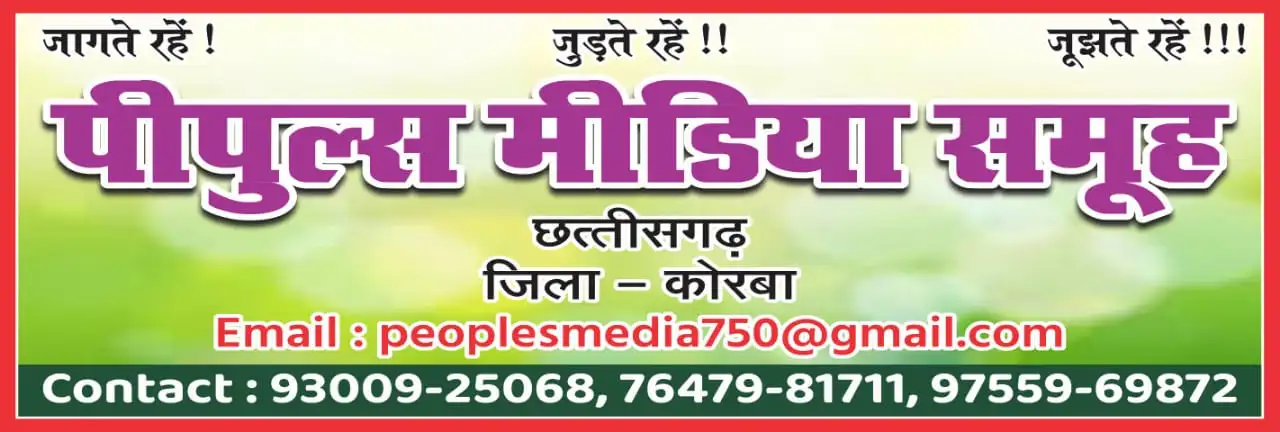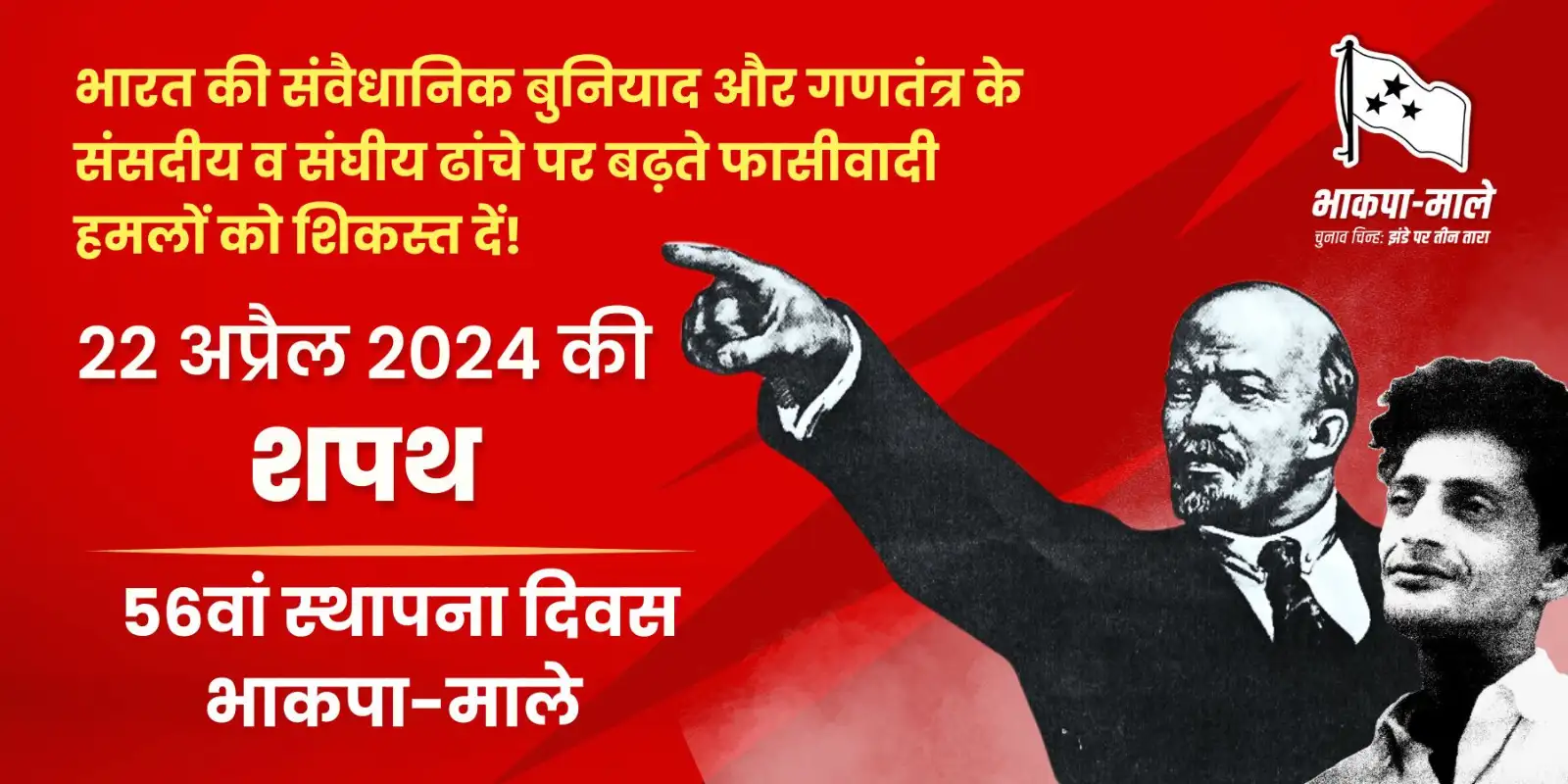BALCO’s commitment to fostering cultural appreciation through festivals, performances, and celebrations has been unwavering for decades. Since the 1970s, its township has blossomed into a vibrant cultural hub, hosting an array of artistic and literary events. From music to folk dances, from honouring languages to iconic tributes, BALCO’s legacy shines as a testament to the power of arts and literature in enriching lives.
BALCO’s cultural journey began with a gala film festival organized by the BALCO Club in 1976. This festival showcased 20 iconic films of the time, including classics such as Zanjeer, Abhimaan, Anand, Anupama, Hum Do, and Naya Daur. The event invited people to appreciate cinema and opened the gates for a series of events in the region that intertwined education with entertainment.
In 1977, renowned theatre director Habib Tanvir brought a wave of humour to BALCO, presenting two of his acclaimed plays under the ‘Naya Theatre’ banner: the satirical Charandas Chor and Gaon Ka Naam Sasural, Mor Naam Damaad. The event, lauded by thousands, was followed by a multilingual music competition organized by BALCO’s Andhra Committee, celebrating the region’s linguistic diversity with performances in Hindi, Chhattisgarhi, Telugu, Malayalam, Bengali, and Tamil. Bani Kunj, a cultural committee formed by the employees of BALCO, invited the Tarun Opera of Calcutta and successfully staged the play Spartacus the same year.
The year 1978 marked a blossoming of the performing and visual arts, with BALCO’s Andhra Mitra Kala Mandali inviting the prestigious Durga Kuchipudi Nritya Shala from Rajahmundry to perform in a showcase of 18 art and folk dramas, including Balgopal, Golla Kalapam, and Bhasmasur. The troupe performed classical Kuchipudi, Bharatnatyam, and Kathakali dances. Later, a five-day drama competition also took place, spotlighting plays in Hindi, Bengali, Telugu, Chhattisgarhi, and Malayalam. The Community Centre also hosted a painting competition celebrating local artistry.
Festivals continued to nurture the love for the arts in the region. For Onam, BALCO’s Malayali Association hosted a grand celebration featuring the famous social drama Jwalanam. Kerala Samajam also invited Kalamandalam Gangadharan and the Party of Indian Dance Academy from Kollam, who captivated audiences with classical dance forms and dramas like Shilpi and Kalidasa. Bani Kunj also introduced Tagore plays such as Chitrangada and Shaapmochan, further cementing BALCO’s commitment to diverse art forms.
The region’s appreciation for literature was equally profound. In 1979, BALCO’s welfare department, in collaboration with the literary organization Saurabh Sahitya Samiti, hosted the Saras Kavi Sammelan, a grand poetry symposium featuring prominent poets like Akhlaq Saghri from Sagar, Laxman Masturiha from Raipur, and Sarfuddin Tigala from Korba. On Hindi Diwas that same year, Abhivyakti Sahitya and Natya Samiti organized another poetry event, drawing eminent poets such as Manohar Manoj from Katni, Anjum Rehbar from Guna, and Sandeep Sapan from Jabalpur.
BALCO also hosted renowned national talents in the arts. In 1980, BALCO celebrated its 15th anniversary with a grand event featuring a performance by acclaimed Bharatanatyam artist and Padma Shri award winner Yamini Krishnamurthy. The event, attended by thousands, was the first of many in the region to showcase national talent. Following this, BALCO hosted a mesmerizing qawwali performance by Kolkata’s Kamini Naaz and Ghulam Qadir Parvez at Ramleela Maidan.
Radio broadcasts popularized the arts in the region. In 1982, a team from All India Radio Raipur recorded vox pops and audio notes from the plant and the township to craft a fine broadcast featuring conversations with workers. Aired on August 12, the program also highlighted poems and soulful musical renditions recorded with cultural groups and members of the BALCO Ladies Club, commemorating BALCO’s role in fostering community and artistry. The company also invited renowned artists from All India Radio’s Bhopal region, such as Ashok Singh, Mehra Singh, and Ratna Dutta, during the same year. The Bhopal Bhojpuri Association had successfully staged a popular Bhojpuri comedy play Lohasingh Ne Daktari Ki, during this event.
International art forms were also celebrated by BALCO. In 1982, BALCO’s Ladies’ Club organized a music and dance program during the Teej festival, where Russian women also performed songs and group singing. That year, the internationally acclaimed Radost, a Russian folk dance, was performed by Russian artists, leaving everyone in awe with their incredible performance.
BALCO promoted the Hindi language and its literature through various events. The company continued to honour literary writers, including renowned poets like Ramsharan Tamboli, Ramprasad Singh, R.C. Watt, Dr. Nirmala Pashine, Manik Vishwakarma, M.C. Jain, and J.R. Sahu annually. In 1984, BALCO was awarded its first Rajbhasha Shield by the Ministry of Mines in recognition of its significant contributions to promoting the Hindi language in official use.
The company paid tributes to several renowned artists and social reformers. In 1985, the town organized Yaad-e-Rafi, a musical tribute to Mohammed Rafi, alongside a dramatic presentation by the Chhattisgarh Cultural Mandal. In 1986, it commemorated the birth anniversary of poet Maithilisharan Gupt by organizing a prestigious poetry conference with revered humourists and lyricists like Surendra Sharma, Santosh Anand, and Om Prakash Aditya. The company commemorated Dr. B.R. Ambedkar’s birth anniversary in 1992 with cultural performances and a poetry symposium.
Music had its own popularity. In 1985, the BALCO Sarvajanik Durga Puja Committee hosted celebrated artists, including qawwals Bhola Anwar and Huma Warsi from Kolkata. The company also invited instrumentalists from Bhilai, including sitarist Nitin Tamhanekar and flautist Tapikar, tabla player B.S. Bhatti and Bhuiya, along with singers Mrs. Soni and D.K. Gandhe, that same year. In 1987, BALCO hosted a seminar titled Metals Industry—Problems and Challenges, where the Sharma Brothers, internationally acclaimed for Shri Ram Darbar, performed devotional music for the audience.
Folk artists were also given a platform at BALCO. In 1988, the company began a series of events honouring folk art by inviting Padma Shri awardee Teejan Bai, who presented her powerful Pandawani folk style from the Chhattisgarh region. Later, the company launched the Lok Kala Mahotsav, a folk-art festival in 1993 dedicated to promoting grassroots artists. By 1998, the sixth iteration of this festival had gathered renowned folk artists from Bhilai, Bastar, Raipur, Durg, Bilaspur, and Korba. The event also featured a special Rajasthani Bhavai dance by Tulsiram, who performed an intricate act balancing eleven pots on his head.
BALCO utilized folk art as a powerful tool to raise awareness for many years. In 1995, during the silver jubilee celebration of the National Safety Council’s Madhya Pradesh chapter, a three-day seminar was organized at Bharat Heavy Electricals (BHEL) in Bhopal. At this event, BALCO’s Cultural Committee presented a play titled Asurakshit Ka Janaaza (“The Funeral of Unsafe Practices”). Due to its popularity, the play was also selected for presentation at the International Safety Council. The company continues to include Nukkad Natak (street plays) in its training workshops and community awareness sessions even today.
BALCO’s Decades-Long Commitment to Promoting Arts and Literature
RELATED ARTICLES






Recent Comments